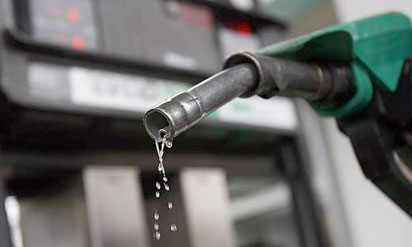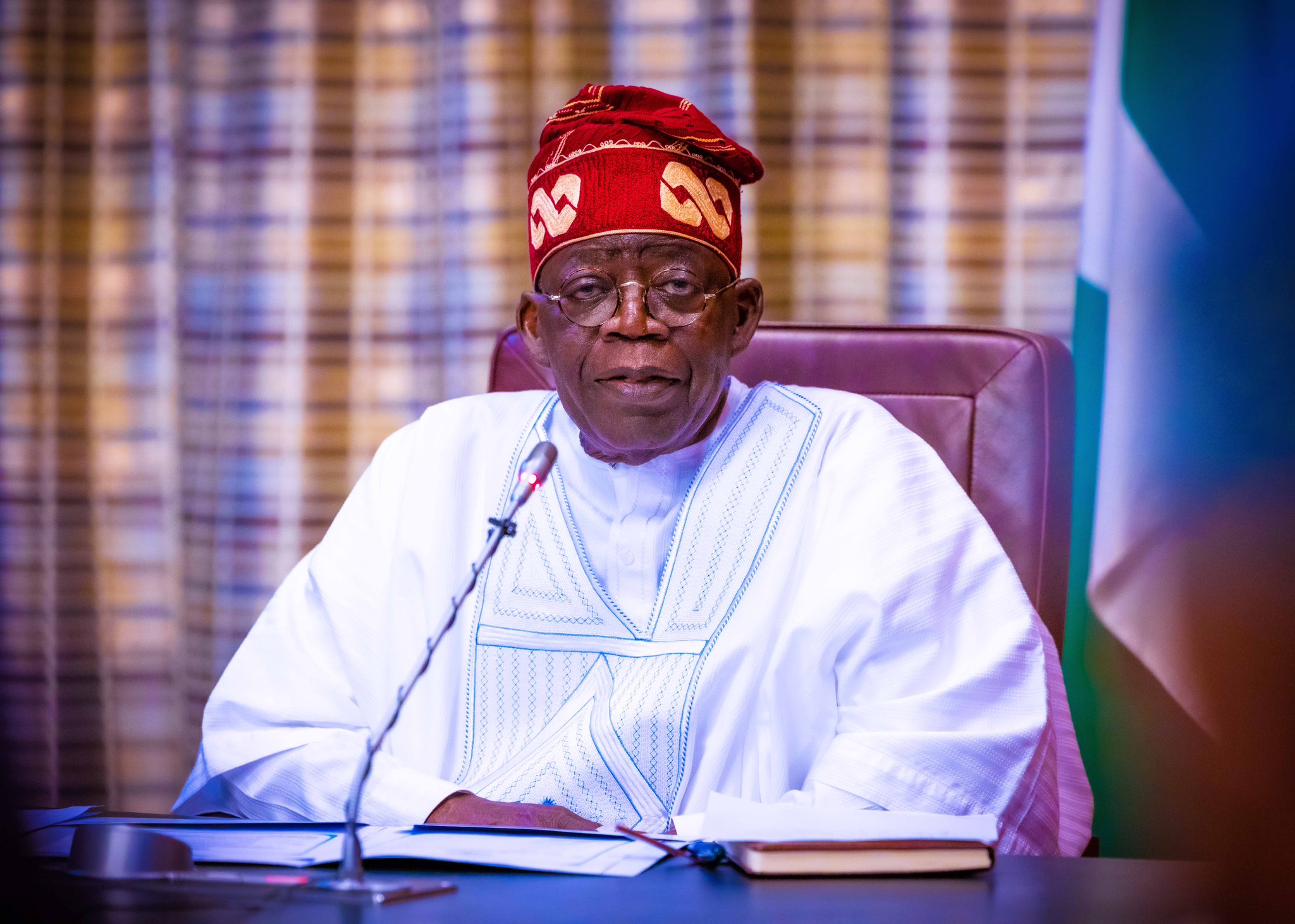THE GUARDIAN
• CBN’s overdraft gulps N1.2 trillion
• Revenue performance below 70 per cent
• Fiscal deficit hits N25.5 trillion in less than eight years
• Maturing debt fund account receives no allocation in nine months
• Inflation hits 22.79, far below experts’ projection
• Economists balk at NBS’ inflation reading, call for integrity test
Nigeria’s grave fiscal position for the 2022 financial year became clearer yesterday, as latest data showed that of N4.26 trillion total revenue available for financing the 2022 budget in the first three quarters of last year, a colossal sum of N4.23 trillion went into debt financing.
The figure, contained in the budget performance report prepared by the Office of the Accountant General of the Federation (OAGF) and the Budget Office, has effectively raised the country’s debt service to revenue ratio to 99.2 per cent – the highest the country would record for a similar time horizon.
The figure is close to 10 percentage points higher than the estimated 80.6 per cent (covering January to November) captured in the 2023 budget document. The document said the Federal Government had spent N5.24 trillion servicing its debt obligations to different local and foreign creditors.
In the first four months of the year, the debt service to income ratio was over 100 per cent but the spike was cancelled subsequently.
Country Director of the World Bank, Shubham Chaudhuri, had warned that the proportion of government’s revenue going into debt service cost would continue to trend upward in the next five years and balloon to 160 per cent in 2027, unless radical reforms are taken.
The ratio spiked post-COVID-19, hitting 76 per cent in 2021. There have been concerns, but the government explains that its debt accumulation has been modest, except that revenues have failed to grow to match spending.
About 28 per cent of the debt service cost for the first three quarters or N1.2 trillion, according to the document released at the weekend, went to the controversial ways and means (W&M) facilities granted by the Central Bank of Nigeria (CBN).
Domestic debt gulped N2.15 trillion in servicing while N871 billion was provisioned for foreign debt in the nine months.
The actual cost of debt service was 41.9 per cent higher than the pro-rated estimate of N2.98 trillion captured in the approved budget.
In the 2022 budget, the government budgeted N292.7 billion for sinking funds to retire maturing debts. But for the first three quarters not a single naira remitted was put aside.
While debt funding was reasonably high and echoed sustainability questions, the government continued the borrowing spree, accumulating N3.41 trillion in fresh debt liabilities. About 85 per cent of the fresh loans or N2.9 trillion was sourced from the local debt market.
That reinforces the growing preference for the local market on one hand, and the shrinking international market on the other hand. With the interest rate currently at about five per cent in the United States market, the restrictive monetary regime is taking its toll across economies, with high-risk regions being the most affected.
Experts have warned that the rising recourse to the local market by the government for capital mobilisation would continue to crowd out critical private sector investments needed to create jobs and grow the economy.
As in the past few years, the revenue performance was about 70 per cent. Whereas the prorated revenue target was estimated at N6.18 trillion, only N4.25 trillion of 69 per cent was realised in the period, kneecapping the annualised income at N5.7 trillion.
Sadly, capital projects continued to get low attention with the total spending for the nine months amounting to N1.68 trillion. The figure is about 38 per cent less than the pro-rated budget of N2.7 trillion.
Unlike previous periods when the recurrent appropriation was overrun, in the first three quarters, the actual spending was 17 per cent short of the estimated N4.53 trillion.
The fiscal deficit stood at N2.6 trillion. From 2015 to 2021, the government accumulated a total of N22.94 trillion, according to The Guardian’s analysis of relevant data obtained from The Budget Office and OAGF. This puts the total fiscal deficit accumulated under ex-President Muhammadu Buhari’s administration at N25.5 trillion. Last year’s deficit was projected at N7.35 trillion.
“The price of crude oil in the international market averaged $99.49 per barrel in the third quarter of 2022, representing a decrease of $14.29 per barrel (12.56 per cent) from the $113.78 per barrel reported in the second quarter of 2022. The performance also reflects an increase of $27.09 per barrel (37.42 percent) and $26.49 per barrel (36.29 percent) when compared to the $72.40 per barrel recorded in the third quarter of 2021 and $73.0 budget benchmark, respectively.



